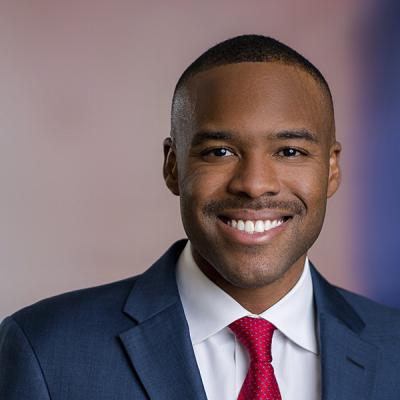Trump Administration Releases Series of Executive Orders on Drug Pricing
The Trump Administration issued a series of Executive Orders (EOs or Orders) Friday afternoon related to drug pricing. Several of the EOs seek to restart stalled or withdrawn policy initiatives previously announced by the Administration. Brief summaries of the EOs are below, and we will provide more detailed analysis this week.
- The Executive Order on Lowering Prices for Patients by Eliminating Kickbacks to Middlemen instructs the Secretary of Health and Human Services (HHS) to issue rulemaking excluding rebates negotiated with Pharmacy Benefit Managers on behalf of Medicare Part D and Medicaid Managed Care plans from safe harbor protections under the anti-kickback statute. Of note, the EO includes a provision requiring the Secretary to confirm that any rulemaking would not increase federal spending, Medicare beneficiary premiums, or patients’ total out-of-pocket costs. This caveat to the EO is understandable during an election year but is curious given that the Administration withdrew its previous rebate rule over concerns that the rule would increase beneficiary premiums and Medicare costs.
- The Executive Order on Increasing Drug Importation to Lower Prices for American Patients instructs the Secretary to facilitate granting individuals waivers from the prohibition on the importation of prescription drugs and authorizes the re-importation of insulin products that HHS deems necessary for emergency care. The EO also instructs the Secretary to complete the rulemaking process for a prior proposal to import certain prescription drugs from Canada.
- The Executive Order on Access to Affordable Life-saving Medications applies exclusively to FQHCs participating in the 340B drug discount program and mandates that HHS condition future federal grants to FQHCs on the requirement that FQHCs provide insulin and injectable epinephrine to certain low-income individuals at the FQHC’s 340B acquisition cost for the drug, plus a minimal administrative fee. While the ostensible purpose of the EO is to pass the FQHC’s 340B savings through to low-income patients, FQHCs are already required by statute and regulation to provide steeply discounted and free services to low-income individuals.
During the press conference on Friday announcing the EOs, President Trump also issued an ultimatum to pharmaceutical manufacturers: either propose alternatives to lower drug pricing within the next month, or the Administration will resuscitate its controversial and previously abandoned plan to tie U.S. drug prices to what pharmaceutical manufacturers charge in foreign countries. Pharmaceutical executives are currently scheduled to meet with the President next Tuesday.
Notably, several policy changes included in the EOs are analogous to prior proposals from the Administration that were subsequently abandoned or which had stalled during the rulemaking process, including the proposals related to rebates and importing drugs from Canada released last year. The so-called "rebate rule" was subsequently withdrawn a few months later after the Congressional Budget Office determined that it would significantly increase federal spending, and the FDA's drug importation proposal was considered to be in limbo after the FDA's own Economic Staff questioned whether the proposal would actually yield any benefit.
While the EOs were anticipated, news reports published throughout the week indicate that the specific proposals to be included were still being intensely debated inside the Administration until the last second. One report from early during the week previewed the Administration’s plans to revive the “rebate rule,” although news reports from late Thursday indicated that the proposal to eliminate drug rebates to insurers would not be included among the EOs. At some point between Thursday and the release of the Orders the next day, the Administration appears to have changed its mind once again. More generally, the timing and nature of the roll-out – alongside the fact that the EOs appear to retread the same ground as previously stalled policy proposals – raise questions about what impact these Orders will ultimately have on the Administration's stated goal of lowering drug prices.

Trump Administration Withdraws Proposed Rebate Rule
July 11, 2019| Blog|

FDA Commissioner Hints at Drug Pricing-Related Initiatives
May 31, 2017| Blog|

HHS Proposes to Remove Drug Rebate Protections
February 1, 2019| Blog|
Authors
Xavier G. Hardy
Associate


